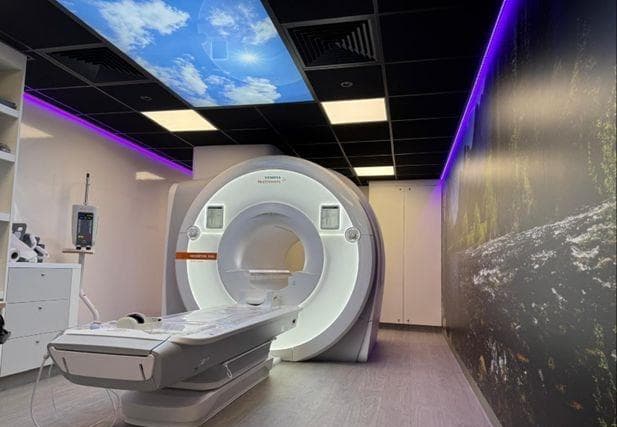Philippines Businesses Eye US AI Boost: White House Strategy Promises Export Opportunities & Regulatory Clarity

Manila, Philippines – Philippine businesses are closely watching a new strategy from the White House designed to supercharge US artificial intelligence (AI) technology exports. The plan, set to be released this Wednesday, aims to not only grow the American AI sector but also to ensure its global reach isn’t hampered by inconsistent state-level regulations, according to a Reuters report.
The move, initiated under President Trump’s executive order, underscores the US government’s commitment to maintaining its competitive edge in the burgeoning AI landscape. For the Philippines, this presents significant opportunities. As the country continues its digital transformation, access to advanced AI technologies and expertise becomes increasingly crucial for sectors like business process outsourcing (BPO), finance, agriculture, and healthcare.
What’s in the Strategy?
While specific details are still under wraps, sources indicate the strategy will likely focus on several key areas:
- Export Promotion: Initiatives to encourage US AI companies to expand their presence in international markets, including the Philippines. This could involve trade missions, financial incentives, and streamlined export procedures.
- Regulatory Harmonization: Efforts to address the patchwork of AI regulations emerging at the state level in the US. This aims to create a more predictable and business-friendly environment for AI companies operating both domestically and abroad.
- International Collaboration: Fostering partnerships with like-minded countries to promote responsible AI development and deployment globally.
- Workforce Development: Investing in training and education programs to ensure a skilled workforce capable of developing and utilizing AI technologies.
Impact on the Philippines
The potential benefits for the Philippines are substantial. A more accessible and affordable supply of US AI technology could:
- Enhance BPO Competitiveness: AI-powered automation and analytics can help Philippine BPO companies improve efficiency, offer higher-value services, and compete more effectively in the global market.
- Boost Financial Innovation: AI can be used to detect fraud, personalize customer experiences, and improve risk management in the financial sector.
- Transform Agriculture: AI-driven precision farming techniques can optimize crop yields, reduce waste, and improve resource utilization.
- Improve Healthcare Delivery: AI can assist in diagnosis, treatment planning, and drug discovery, ultimately leading to better healthcare outcomes.
Challenges and Considerations
While the opportunities are exciting, Philippine businesses should also be aware of potential challenges. These include:
- Cost of Implementation: Adopting advanced AI technologies can be expensive, particularly for small and medium-sized enterprises (SMEs).
- Data Privacy Concerns: The use of AI often involves collecting and analyzing large amounts of data, raising concerns about data privacy and security.
- Ethical Considerations: It’s important to ensure that AI systems are developed and used in a responsible and ethical manner, avoiding bias and discrimination.
Looking Ahead
The White House’s AI export strategy represents a significant development for both the US and the Philippines. By fostering collaboration and promoting responsible AI development, this initiative has the potential to unlock new opportunities for economic growth and innovation in the Philippines. Philippine businesses are advised to monitor developments closely and explore how they can leverage US AI technology to enhance their competitiveness and drive sustainable growth. The Department of Trade and Industry (DTI) and other relevant government agencies should also actively engage with US counterparts to maximize the benefits of this strategy for the Philippine economy.






